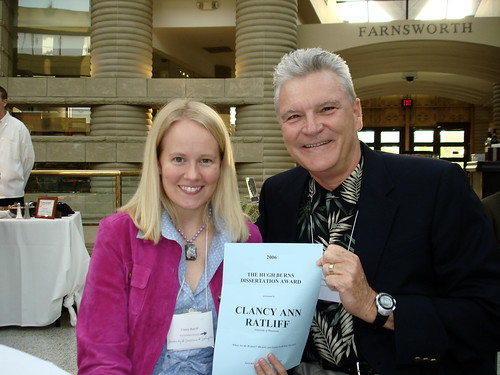Sites
General
11DAKMA
All Girl Army
Black Looks
Blog Sisters
Crooked Timber
funferal
Household Opera
jill/txt
Jonathan Goodwin
Long Pauses
New Kid on the Hallway
Obsidian Wings
Pharyngula
Rad Geek
Sorrow at Sills Bend
the chutry experiment
thinking with my fingers
tonari no shibafu
Rhetoric
cbdCharlie Lowe
Clay Spinuzzi
Collin vs. Blog
Community College English
Dennis Jerz
Earth Wide Moth
Jeff Rice
Kairosnews
Samantha Blackmon
Steven Krause
The Blogora
Thinkery
This Public Address
vitia
Copyright/IP
Academic CommonsCopyfight
Creative Commons Weblog
Free Culture Blog
Frank Field
Infocult
Lawrence Lessig
MediaCommons
Napsterization
User login
About
I'm Clancy Ratliff, an associate professor in the Department of English at the University of Louisiana at Lafayette, where I am also the Assistant Director of First-Year Writing. I'm married with three children.
See my vita to find out more about where I've been and what I've done.
Email me: clancy.ratliff, gmail
| www.flickr.com |
Creative Commons License
© Copyright 2003-2015
Clancy Ratliff.

This work is licensed under a Creative Commons Attribution 4.0 International License.


